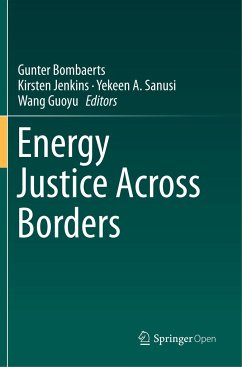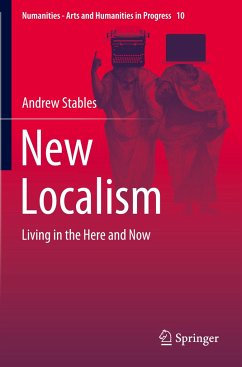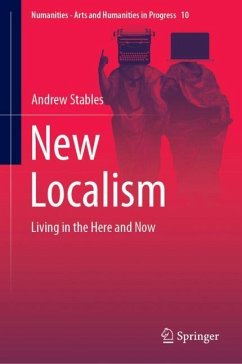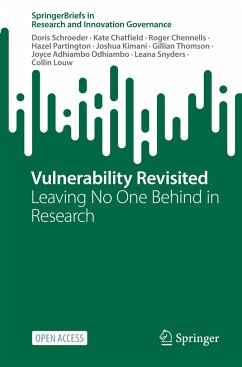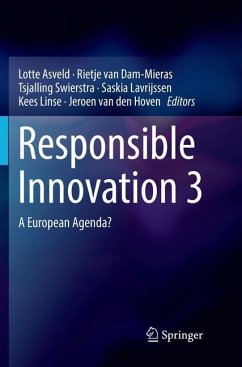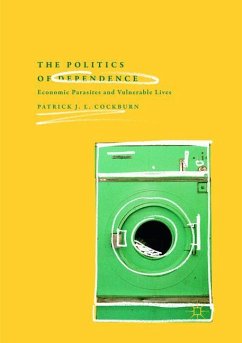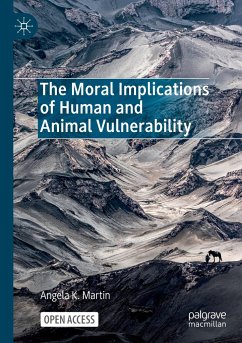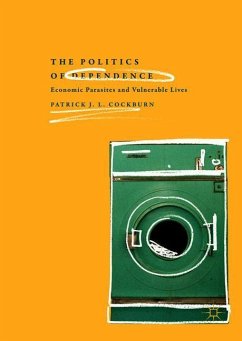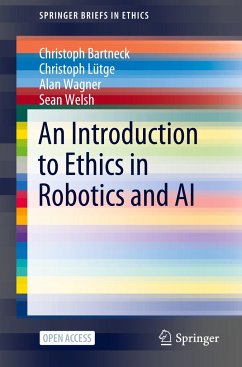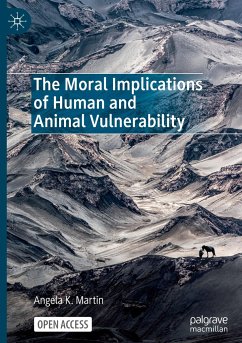
Energy Justice Across Borders
Versandkostenfrei!
Versandfertig in 6-10 Tagen
38,99 €
inkl. MwSt.

PAYBACK Punkte
19 °P sammeln!
This book is open access under a CC BY 4.0 license.We must find new and innovative ways of conceptualizing transboundary energy issues, of embedding concerns of ethics or justice into energy policy, and of operationalizing response to them. This book stems from the emergent gap; the need for comparative approaches to energy justice, and for those that consider ethical traditions that go beyond the classical Western approach. This edited volume unites the fields of energy justice and comparative philosophy to provide an overarching global perspective and approach to applying energy ethics. We c...
This book is open access under a CC BY 4.0 license.
We must find new and innovative ways of conceptualizing transboundary energy issues, of embedding concerns of ethics or justice into energy policy, and of operationalizing response to them. This book stems from the emergent gap; the need for comparative approaches to energy justice, and for those that consider ethical traditions that go beyond the classical Western approach.
This edited volume unites the fields of energy justice and comparative philosophy to provide an overarching global perspective and approach to applying energy ethics. We contribute to this purpose in four sections: setting the scene, practice, applying theory to practice, and theoretical approaches. Through the chapters featured in the volume, we position the book as one that contributes to energy justice scholarship across borders of nations, borders of ways of thinking and borders of disciplines. The outcome will be of interest to undergraduate and graduate students studying energy justice, ethics and environment, as well as energy scholars, policy makers, and energy analysts.
We must find new and innovative ways of conceptualizing transboundary energy issues, of embedding concerns of ethics or justice into energy policy, and of operationalizing response to them. This book stems from the emergent gap; the need for comparative approaches to energy justice, and for those that consider ethical traditions that go beyond the classical Western approach.
This edited volume unites the fields of energy justice and comparative philosophy to provide an overarching global perspective and approach to applying energy ethics. We contribute to this purpose in four sections: setting the scene, practice, applying theory to practice, and theoretical approaches. Through the chapters featured in the volume, we position the book as one that contributes to energy justice scholarship across borders of nations, borders of ways of thinking and borders of disciplines. The outcome will be of interest to undergraduate and graduate students studying energy justice, ethics and environment, as well as energy scholars, policy makers, and energy analysts.



